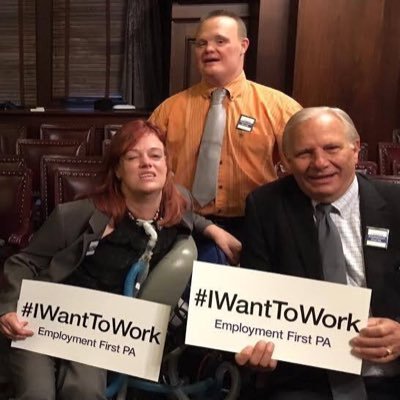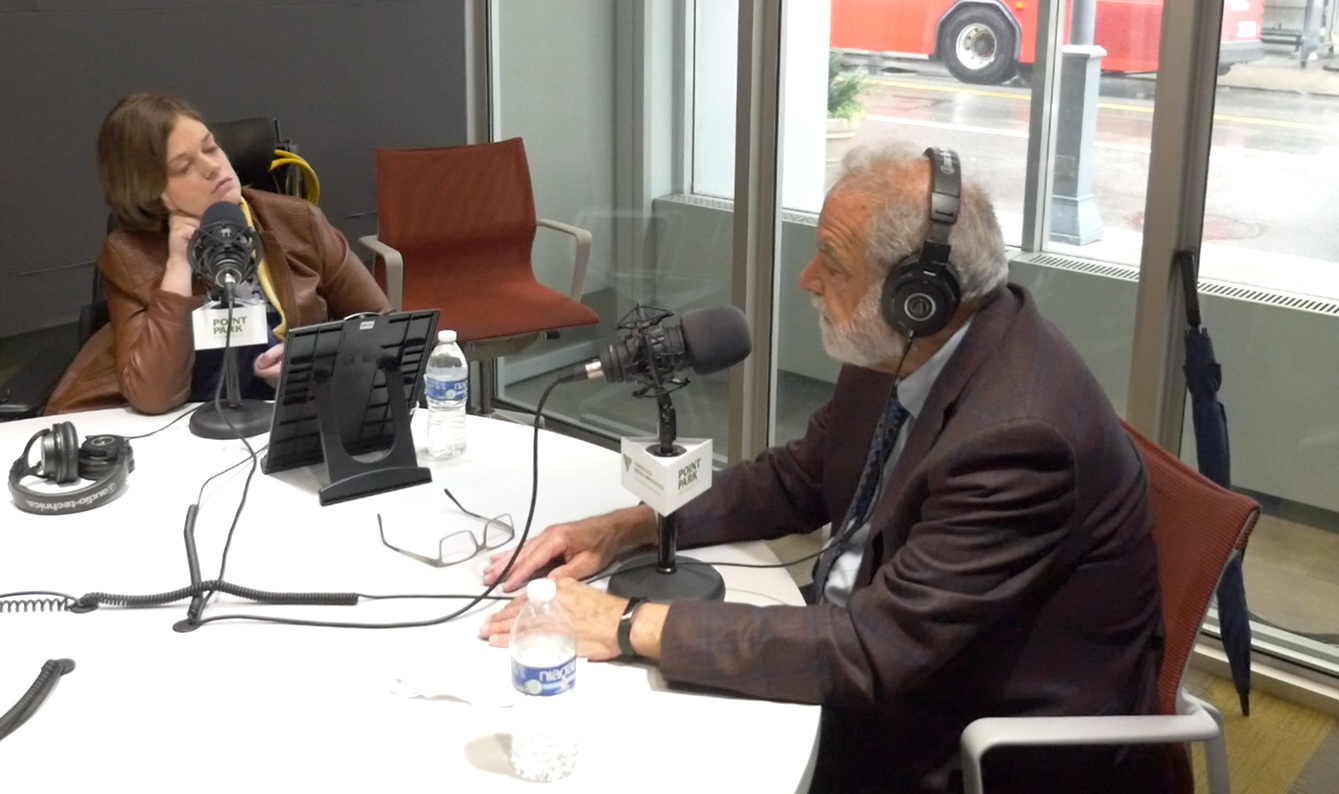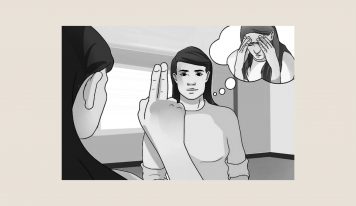By Keera Frye
“Without an eternal vigilance, without constantly challenging the status quo …We will go back to what we did before.”
These are the words of Bob Nelkin, retired CEO of the United Way of Southwestern Pennsylvania. He said this as he reflected on his life’s work, in an interview conducted by disability rights advocate and healthcare ethicist Josie Badger, DHEC.
From a young age, Nelkin advocated for people with disabilities–first as a student, then professionally for 50 years. His efforts directly contributed to the progress that society has made toward being inclusive.
Nelkin has often been a voice challenging and questioning how people with disabilities are treated and what opportunities they are offered in life. In the 1970s, Nelkin started an inclusive recreation program for children with disabilities who had been excluded from public education. Later, he was part of introducing the first group home to the Pittsburgh region and talking to community members who were opposed to or ‘on the fence’ about the group home.
Also in the 1970s, Nelkin led parents of people with intellectual disabilities on visits to mental institutions. They would demand to be let inside the most hidden parts of institutions. Nelkin recounted seeing cages the medical staff built in the institution to house people deemed unmanageable. Officials at Polk State Center used the word “playpens” to describe the same devices, even though they held adults.
These mistakes and mistreatments were revealed to the public via journalists. Nelkin cites the impact of news reports in the Pittsburgh Press by Delores Frederick and the Post-Gazette’s Henry Pierce. Pierce, for example, wrote of a University of Pennsylvania doctor who was testing meningitis vaccines on institutionalized youngsters. Many of the news clippings and letters Nelkin kept from this era are available online on history sites.
“Journalism played a central role,” Nelkin says. “Without the embarrassment of the officials about what was happening on their watch, we might be back where we were in the 1960s in the early 1970s. It was that ability to confront people with the truth. Journalism at its best does that.”
An almost complete reversal of the practice of institutionalization took place in the years that followed. Very few of these facilities remain open today. Some families of those with disabilities and health professionals do still favor the institutional model. There are those who say home settings are typically unable to support, for example, people who some call “medically fragile”–a term not without controversy.


As the 30th anniversary of the passage of the Americans with Disabilities Act approaches, Nelkin points out there is still great disparity in employment. Badger said that only 38 percent of working-age Americans with disabilities are employed–compared to 75 percent of those without disabilities.
Under Nelkin’s leadership and with help from Badger, that has been a focus of the United Way. Badger has managed United Way’s viral #IWantToWork campaign–which aims to ensure work opportunities for all people with disabilities.
“What’s missing,” Nelkin said, “is seeing people with disabilities as a great asset–as people who have a great amount to contribute to society.”
This story was made possible by our All-Abilities media partnership with the Center for Media Innovation at Point Park University in downtown Pittsburgh. The partnership’s work is supported by the generosity of the FISA Foundation.

















